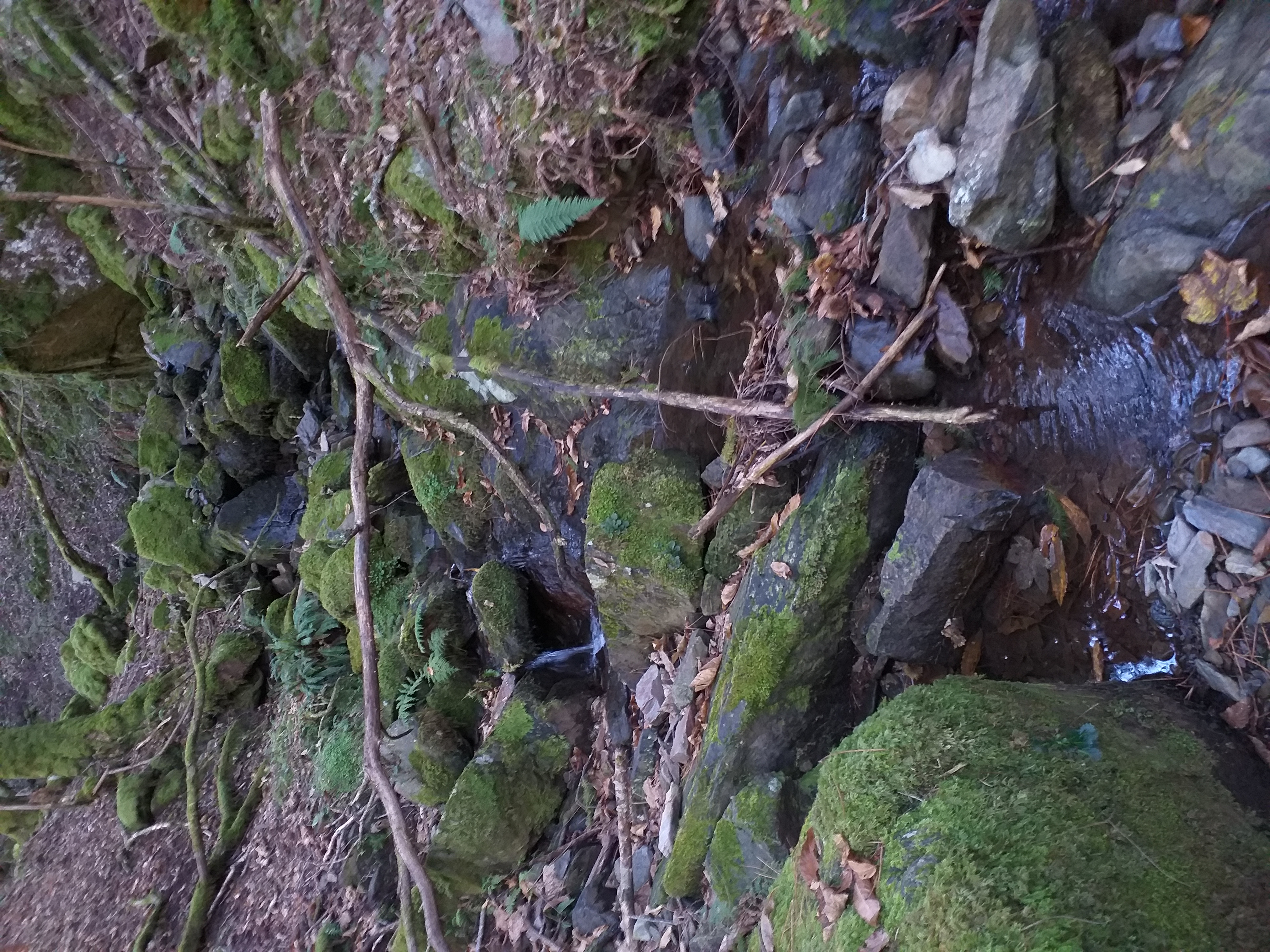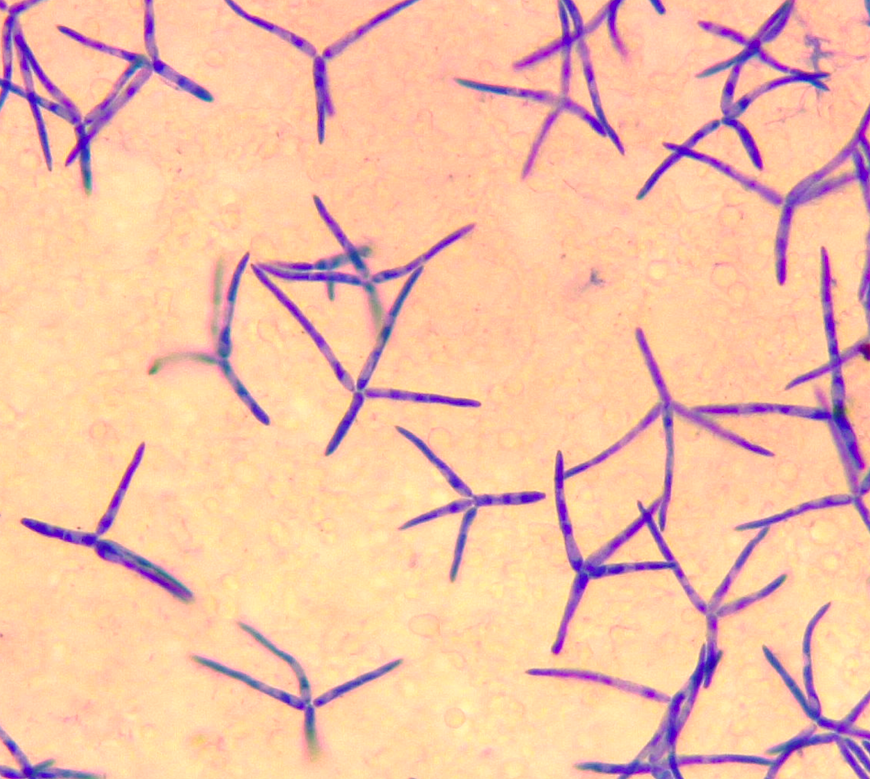Is life without oxygen possible? No. Neither is it possible without ecosystem services.
Verónica Ferreira, a researcher at MARE and at the University of Coimbra, is the coordinator of a special issue of the journal Hydrobiologia (Springer), which addresses the services provided by various aquatic ecosystems and biological communities.
Can you imagine your life without experiencing nature? Is it possible without oxygen or water? Surely it is not. All these benefits, among others, that people obtain from ecosystems are considered ecosystem services. These services can be supportive (such as oxygen production, water and nutrient cycles), regulatory (such as water purification, erosion control), provisioning (such as clean water, food), and cultural (such as recreational places, inspiration, educational values), and they are essential for human well-being.
These services can be provided by ecosystems or biological communities, but they're not always well identified and valued. In many cases, ecosystem services are threatened due to the multiple impacts suffered by biological communities and ecosystems. This is where researchers from MARE and the special issue of the Hydrobiologia journal (published by Springer) titled "Aquatic Ecosystem Services," coordinated by Verónica Ferreira, come in. In this special issue, which involves more than 100 researchers from 20 countries, the goal is to identify the services provided by aquatic communities and ecosystems to human populations, highlight the dependence of human populations on natural ecosystems, and identify the threats that jeopardize the provision of these services and, consequently, human well-being.
Through 20 review articles, it will be possible to understand the role of aquatic ecosystems such as small streams, dry rivers, coastal lagoons, and seagrass ecosystems, as well as aquatic organisms such as marine and freshwater phytoplankton, freshwater plants, fungi, and zooplankton, and various types of marine and freshwater fish as providers of ecosystem services and why their preservation is so important.
Interested? Let's learn more about the services provided by small streams.

Small streams make up the majority of watercourses in a watershed and have specific characteristics that distinguish them from larger streams and rivers. Despite their small size and often remote locations, small streams provide important ecosystem services to humans.
In this review, 27 ecosystem services provided by small streams were identified: seven support services (water circulation, nutrient cycling, primary production, sediment formation, habitat provision and maintenance, biodiversity maintenance, and aquatic and terrestrial productivity maintenance), eight regulation services (flood control, erosion control, temperature regulation, microclimate regulation, natural drainage and irrigation, water purification, carbon sequestration, nitrogen sequestration), five provisioning services (clean water, food, energy, ornamental resources, genetic resources), and seven cultural services (aesthetic values, inspiration, spiritual values, sense of identity and space, ecotourism, recreation, science and education).
Small streams are particularly important for maintaining biodiversity, which forms the basis of many ecosystem services. Small streams also support the ecosystem services provided by larger streams and rivers due to the longitudinal connection that allows transport of energy, water, sediments, nutrients, organic matter, and organisms downstream. However, these threatened streams (e.g., burial, obstruction, changes in forests and land use, pollution) jeopardizes their ability to provide services and contribute to downstream services. Recognizing the role of small streams in watersheds and ecosystem service provision should mobilize society for their protection and restoration.
Researcher from MARE: Verónica Ferreira (MARE-UCoimbra) – coordinator
©Image: Stream in Serra da Lousã (Verónica Ferreira)
And would you like to know more about the services provided by freshwater fungi?
 This article surveys the ecosystem services provided (or with the potential to be provided) by aquatic hyphomycetes - a group of microscopic aquatic fungi that play a crucial role in the decomposition plant debris and nutrient recycling in streams. The services they provide include the decomposition of plant debris (regulation service) and nutrient recycling (support service), the supply of relevant genetic resources (provisioning service), potential natural source of metabolites (provisioning service), contribution to the self-purification of freshwater (regulation service), contribution to the monitoring of the health and integrity of freshwater ecosystems (support service), and promotion of educational and inspirational values (cultural services).
This article surveys the ecosystem services provided (or with the potential to be provided) by aquatic hyphomycetes - a group of microscopic aquatic fungi that play a crucial role in the decomposition plant debris and nutrient recycling in streams. The services they provide include the decomposition of plant debris (regulation service) and nutrient recycling (support service), the supply of relevant genetic resources (provisioning service), potential natural source of metabolites (provisioning service), contribution to the self-purification of freshwater (regulation service), contribution to the monitoring of the health and integrity of freshwater ecosystems (support service), and promotion of educational and inspirational values (cultural services).
It is crucial to increase awareness and recognition of the ecosystem services offered by aquatic hyphomycetes to strengthen the management and protection of freshwater ecosystems. This review aims to raise awareness about the need to map, quantify, and recognize the ecosystem services provided by these fungi at a global level.
MARE Researchers: Seena Sahadevan (MARE-UCoimbra) – coordinator, Juliana Barros (MARE-UCoimbra), Manuel Graça (MARE-UCoimbra)
©Image: Microscopic spores of aquatic fungi (Seena Sahadevan)
And what about the services provided by anadromous fish?
This article provides a historical overview of the importance of species such as sea lamprey, shad, Atlantic salmon, trout, and sturgeon to humans, from prehistoric times to the present days. These migratory species, highly valued for their gastronomic interest, as well as their cultural and socioeconomic aspects (e.g., gastronomic festivals), have experienced a significant population decline in the Iberian Peninsula over the last century, mainly due to habitat reduction and destruction, coupled with overfishing, increasingly concentrated in the remaining river stretches (80% reduction during last century) available for these species. Currently, efforts have been made towards the sustainable management of these species. The work carried out in Portugal to recover anadromous fish populations has focused on habitat rehabilitation, mainly through the restoration of river continuity with the construction of fish passages or, whenever possible, the removal of obstacles, along with management measures targeting commercial and recreational fishing, both in the marine and freshwater jurisdiction.
Despite some relevant results indicating the adequacy of integrated river restoration and management solutions that have been employed, significant pressures continue to impact these populations. In a climate change scenario, with the expected reduction in water availability and increased temperature, the future of these species in the Iberian Peninsula is far from secure.
MARE Researchers: Pedro Raposo de Almeida (MARE-UÉvora), Catarina Mateus (MARE-UÉvora), Carlos Alexandre (MARE-UÉvora), Sílvia Pedro (MARE-UÉvora), Joana Boavida-Portugal (MARE-UÉvora), Ana Belo (MARE-UÉvora), Esmeralda Pereira (MARE-UÉvora), Sara Silva (MARE-UÉvora), Inês Oliveira (MARE-UÉvora), Bernardo Quintella (MARE-ULisboa) – coordinator
©Image: Trout caught by a recreational fisherman ( Manuel Pedroso)
After reading this article, I bet you can't even imagine life without small streams, freshwater fungi, or anadromous fish!
Editorial team of the special issue: Verónica Ferreira (Portugal) – coordinator, Luis Mauricio Bini (Brasil), Katya Kovalenko (EUA), Andre Padial (Brasil), Judit Padisák (Hungria), Maria de los Ángeles González Sagrario (Argentina)
